
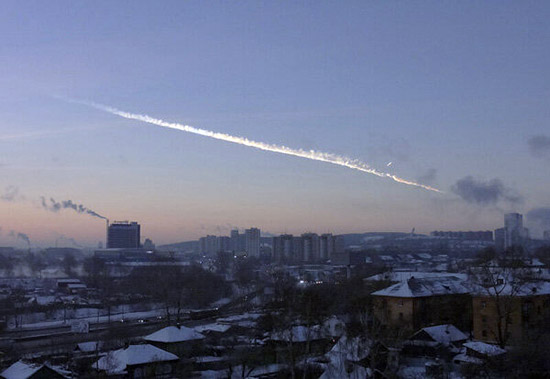 |
| A meteorite contrail is seen over the Urals city of Chelyabinsk, about 1,500 km east of Moscow, on Feb. 15, 2013. Injuries caused by a fallen meteorite in Russia's Urals region have risen to around 1,200, including over 200 children, the Russian Interior Ministry said on Friday. (Xinhua/RIA) |
1. Where does the meteorite come from?
According to Dr. Bill Cooke, head of NASA's Meteoroid Environment Office, the meteorite broke away from the asteroid belt about one year ago, and then exploded violently and disintegrated after it entered the earth atmosphere.
2. How often does the meteorite crash occur?
Crash of meteoroids from comet or asteroid is of frequent occurrence. The earth intercepts 80 tons of space substances each day; a celestial body the size of a car hits the earth about once a month. Crash of space rock the size of the Russian meteorite happens once every five to 30 years.
3. Is it related to the asteroid 2012DA14?
NASA said that the orbit of the Russian meteorite is distinct from the asteroid 2012DA14. The preliminary analysis suggests the meteorite moves north to south; but the orbit of the asteroid 2012DA14 takes an opposite direction from south to north.
The meteor left a huge hole in Chebarkul Lake, about 1500 kilometers east of Moscow, Russia
4. Why is it undetected in advance?
Only one U.S. meteorological satellite took snapshots while the meteorite was diving. The global network of asteroid observation telescope failed to detect the meteorite.
The telescopes do not cover the entire earth at present. Even in the covered areas, similar celestial bodies can hardly be detected by current telescopes, which are mainly designed for larger bodies.
5. Can the humans resist threats from asteroids?
No country right now has a perfect solution to the asteroid threats against the earth. Even some systems can be developed in the future to intercept, it will not be used widely because of the high costs.
Some countries including Russia own the asteroid tracking and observation systems, but they are not sufficiently advanced. The current Russian and U.S. sophisticated air defense and missile defense systems cannot detect asteroid threats. Only the high-power radar system can carry out surveillance of near-earth space.
Read the Chinese version: 襲俄隕石=30廣島核彈; Source: Beijing News



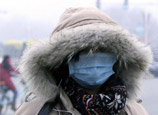


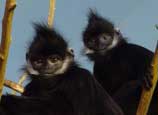
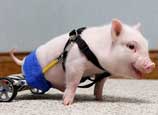
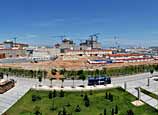







 A 9-year-old son takes good care of his amputee mother: "adults have a priority over delicious meals"
A 9-year-old son takes good care of his amputee mother: "adults have a priority over delicious meals"


![]()
